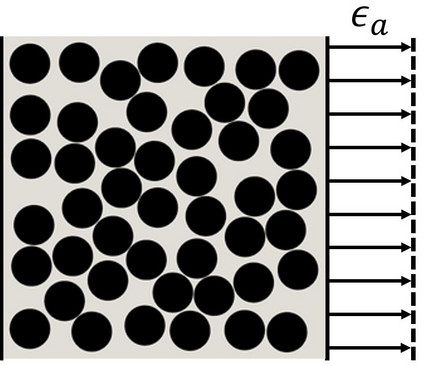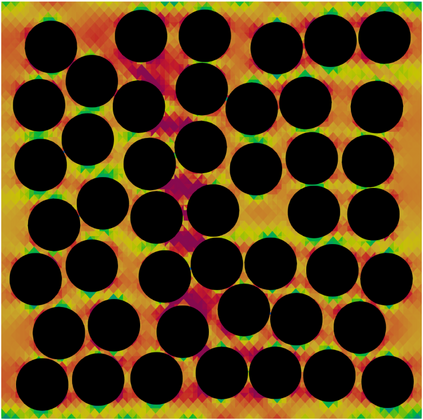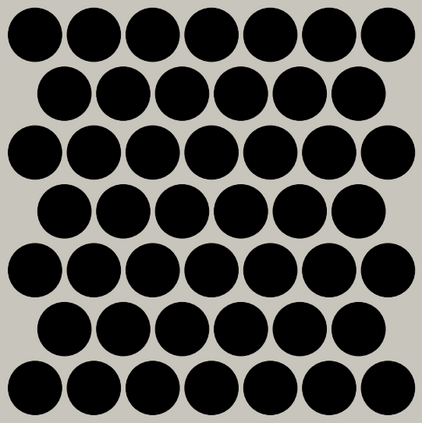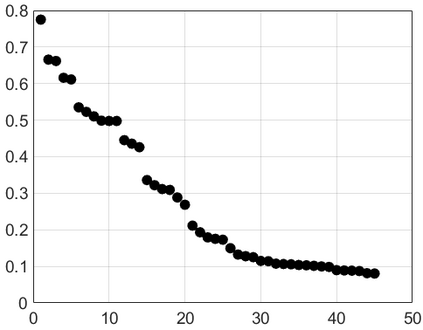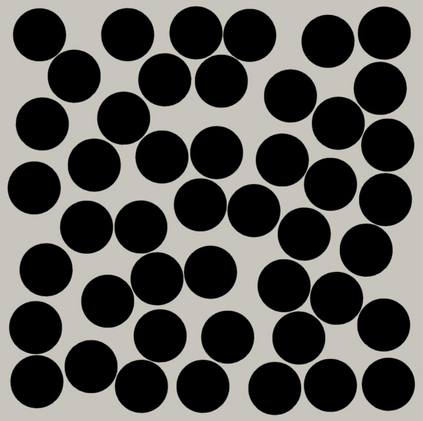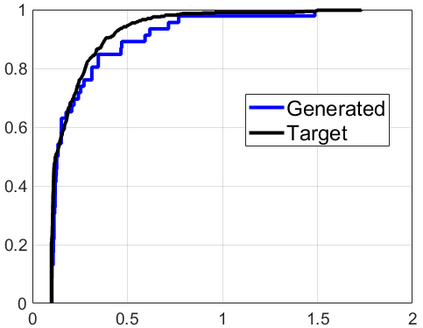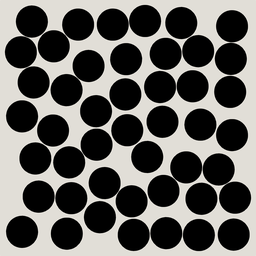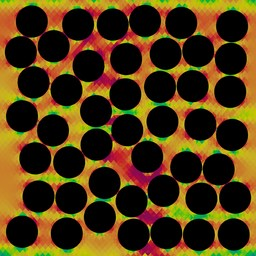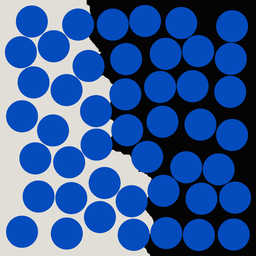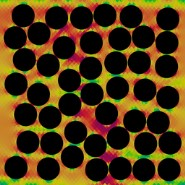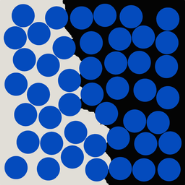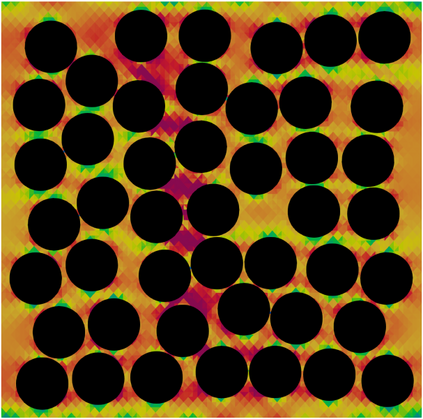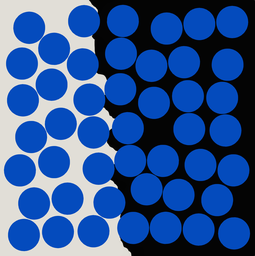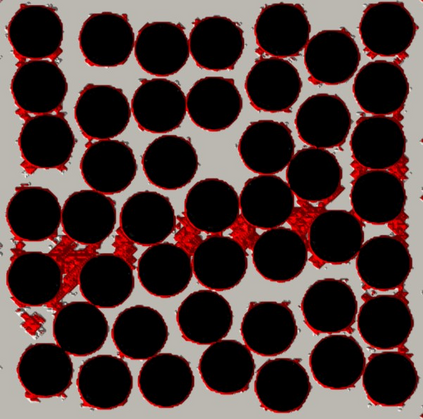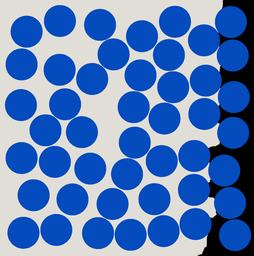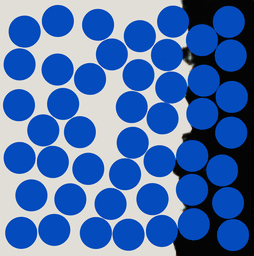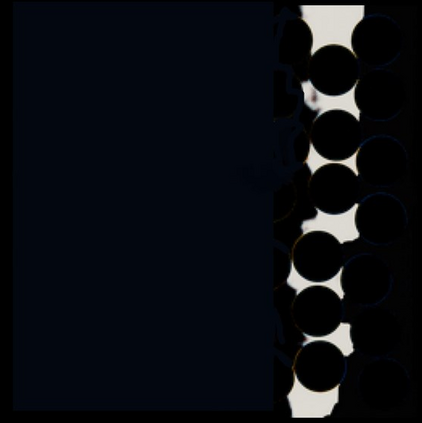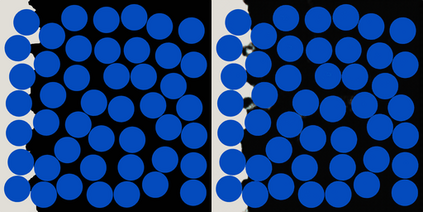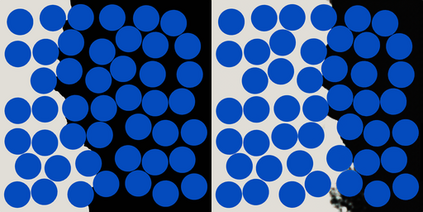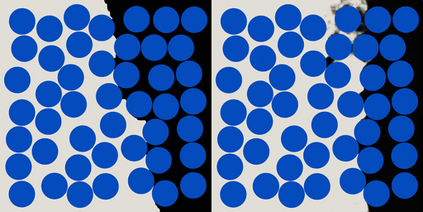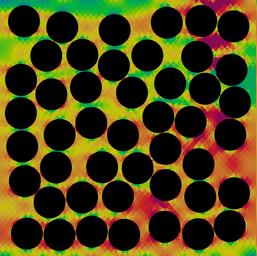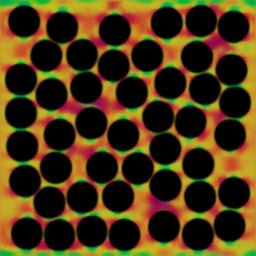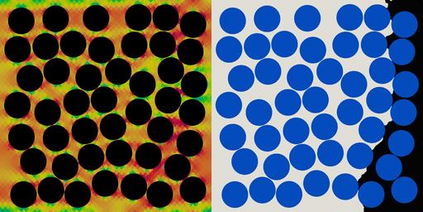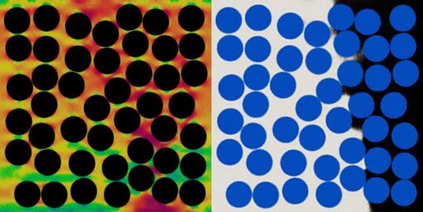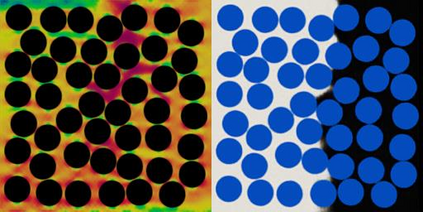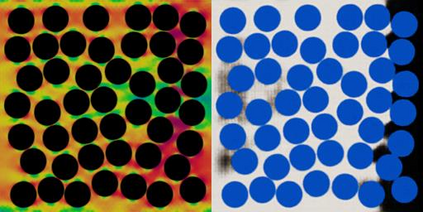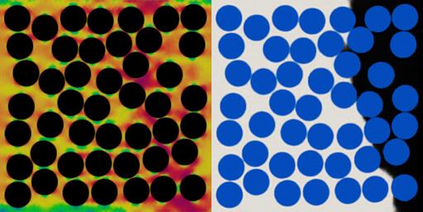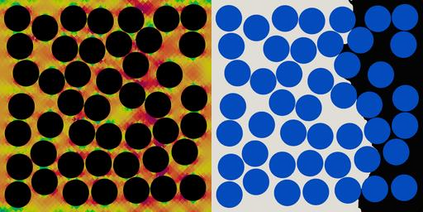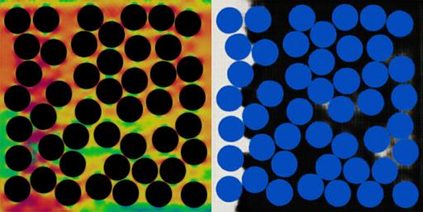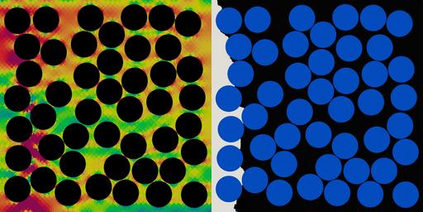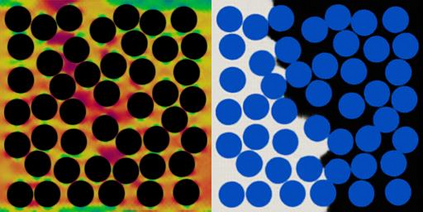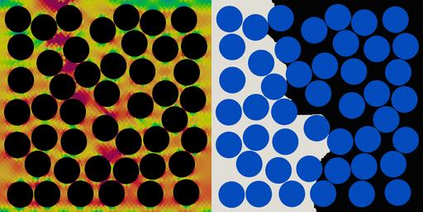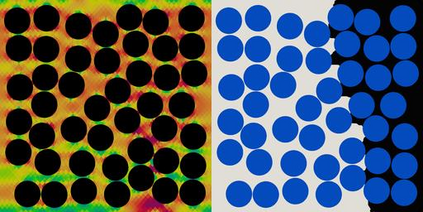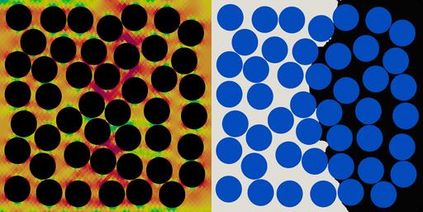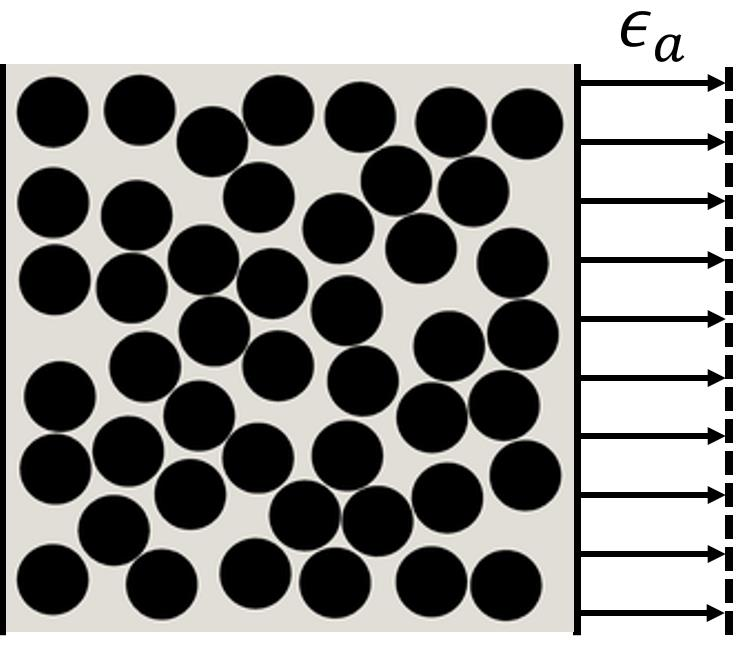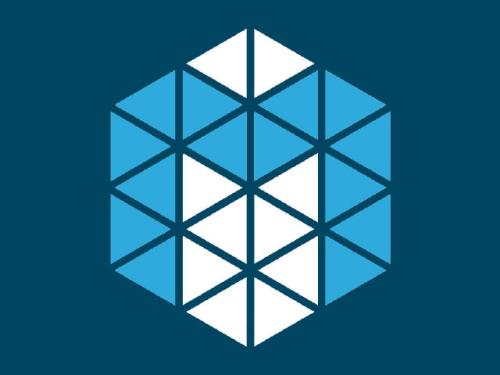An image-based deep learning framework is developed in this paper to predict damage and failure in microstructure-dependent composite materials. The work is motivated by the complexity and computational cost of high-fidelity simulations of such materials. The proposed deep learning framework predicts the post-failure full-field stress distribution and crack pattern in two-dimensional representations of the composites based on the geometry of microstructures. The material of interest is selected to be a high-performance unidirectional carbon fiber-reinforced polymer composite. The deep learning framework contains two stacked fully-convolutional networks, namely, Generator 1 and Generator 2, trained sequentially. First, Generator 1 learns to translate the microstructural geometry to the full-field post-failure stress distribution. Then, Generator 2 learns to translate the output of Generator 1 to the failure pattern. A physics-informed loss function is also designed and incorporated to further improve the performance of the proposed framework and facilitate the validation process. In order to provide a sufficiently large data set for training and validating the deep learning framework, 4500 microstructural representations are synthetically generated and simulated in an efficient finite element framework. It is shown that the proposed deep learning approach can effectively predict the composites' post-failure full-field stress distribution and failure pattern, two of the most complex phenomena to simulate in computational solid mechanics.
翻译:本文开发了一个基于图像的深层学习框架,以预测依赖微观结构的复合材料的损坏和故障; 这项工作的动机是这类材料的高纤维模拟的复杂性和计算成本; 提议的深层次学习框架预测以微结构的几何为根据的复合材料的二维表述中,故障后的全场应激分布和裂变模式; 选择了具有兴趣的物质,作为高性能的单向单向碳纤维强化聚合复合材料; 深层学习框架包括两个堆叠的全层革命网络,即发电机1和发电机2,连续培训的发电机2。 首先, 发电机1学会将微结构的几何方法转化为全场故障后应激反应分布; 然后, 发电机2学会将发电机1的输出转化为故障模式。 物理知情的损失功能也设计并纳入其中,以进一步改进拟议框架的绩效和便利验证过程。 为了为培训和验证深层学习框架提供足够大的数据组群集, 4500个微型结构图2, 模拟模型的模拟模型模型模型化后, 模拟了最精密的模型化的模型分析过程。

